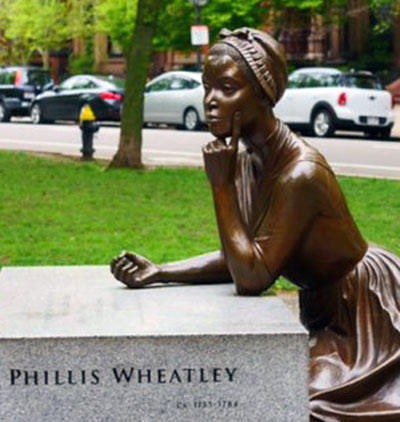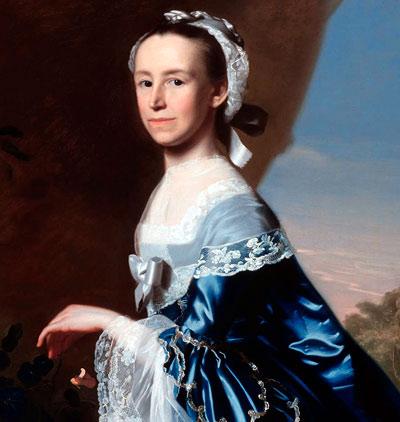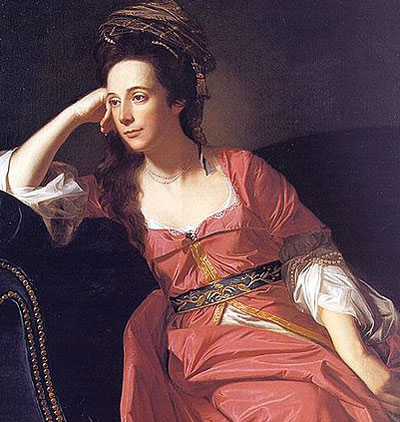Women of Influence in Colonial Boston
Exactly, “all men”. More accurately, all white men — who owned property. In 1776, it is estimated that only about 60% of white men had the right to vote. For women and people of color, it was a long slow slog to earn equal rights when they themselves were not allowed to vote for change. Women who were change-makers typically worked in the margins and behind the scenes. Here are my top candidates for women in history we should know a bit better.
Phillis Wheatley – One of the central tenets of the justification for slavery was that blacks brought to the colonies were intellectually incapable of caring for themselves. How could it be, then, that a young girl, too frail and sickly for manual labor grow to become a brilliant poet and advocate for the abolitionist movement? Considered to be too ill for work, her enslavers, taught her to read and write. She would become a celebrated poet who wrote often on morality, Christianity and slavery. Her supporters included Benjamin Franklin and John Hancock. She eventually challenged George Washington’s own justification for being a slaveholder.
Margaret Kemble Gage – Born in New Jersey to parents who were also born in American, Margaret was all-American. But her marriage to a British general forced her to choose between loyalty to her spouse or to her beloved country. She chose the latter. General Thomas Gage, the leader of the army in British North America was the most powerful military man in the country. After his marriage to Margaret, he promoted her brother to a key position among his officers. Margaret was privilege to classified information. Unfortunately for her husband, she also had close friendships among leaders of the Revolutionary movement. This gave her the ability to, perhaps, change the course of history. Dr. Joseph Warren, a close friend of Mrs. Gage (how “close” has been the subject of debate) organized two riders, Paul Revere and William Dawes to ride separate routes to Lexington on the night before British forces marched to Lexington and Concord and inadvertently started a war. How did Warren know about the General’s plans? Signs point to the General’s wife – a woman whose name is mostly lost to the years, but likely played a crucial role in an American victory in Lexington and Concord.





